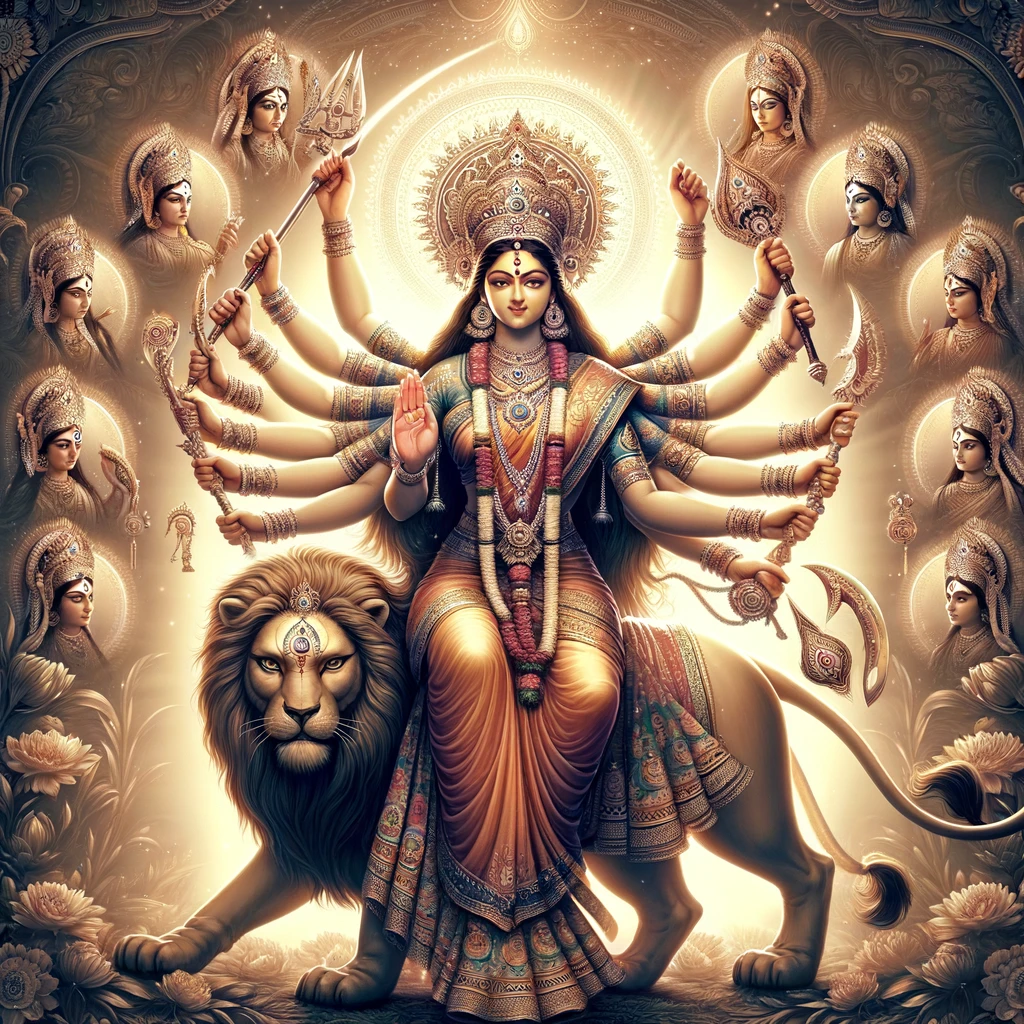
Nikhil Kamath’s and Modi ji Podcast: Karma and Dharma
In an age where material accomplishments and tangible results dominate public discourse, there remains an enduring relevance of ancient spiritual principles like karma (action) and dharma (duty). These concepts, deeply rooted in the Indian philosophical tradition, have guided great leaders, visionaries, and thinkers for millennia. Today, figures like Prime Minister Narendra Modi and entrepreneur Nikhil Kamath offer compelling case studies on how karma and dharma can shape modern leadership and success in governance and commerce.
The Foundations of Karma and Dharma
Before delving into their leadership journeys, it’s essential to understand the core principles of karma and dharma. In the simplest terms:
- Karma is the law of cause and effect, where every action creates an energy that influences future experiences. It emphasizes the importance of performing one’s duties without attachment to the outcomes.
- Dharma is one’s moral and ethical duty based on their role in society, personal values, and the greater good. It represents the compass guiding righteous action in alignment with universal laws.
In the Bhagavad Gita, Lord Krishna eloquently states: “You have the right to perform your prescribed duties, but you are not entitled to the fruits of your actions” (Chapter 2, Verse 47). This encapsulates the philosophy that leaders and entrepreneurs alike must focus on action with integrity, rather than obsess over results.
Narendra Modi: Karma-Yogi in Leadership
Narendra Modi’s life and political career exemplify the integration of karma and dharma in leadership. From his humble beginnings as a tea-seller to becoming India’s Prime Minister, Modi’s journey is a testament to the transformative power of consistent, selfless action rooted in a sense of higher purpose.
Karma: Relentless Action for the Nation
Modi’s leadership style is characterized by his unwavering focus on action. Whether it is spearheading initiatives like Swachh Bharat Abhiyan (Clean India Mission) or Digital India, his governance philosophy revolves around delivering tangible results for the collective welfare of the nation.
However, what sets him apart is his detachment from the fruits of his labor. Modi’s public speeches often highlight how his decisions are not driven by political gain or popularity but by a sense of duty toward India’s long-term development. His willingness to make tough, unpopular decisions—such as demonetization or the implementation of the Goods and Services Tax (GST)—reflects his alignment with the principle of karma: taking action without attachment to personal outcomes.
Dharma: The Leader as a Servant
For Modi, leadership is a form of seva (service), deeply rooted in the Indian tradition of servant leadership. His early years with the Rashtriya Swayamsevak Sangh (RSS) emphasized the importance of working for the greater good, a value that continues to influence his policies and governance style.
Modi’s interpretation of dharma goes beyond the narrow confines of politics. He sees himself as a custodian of India’s spiritual and cultural legacy, often invoking India’s ancient wisdom and traditions on global platforms. This reflects a dharma-centric leadership that seeks to balance material progress with spiritual growth.
Nikhil Kamath: The Dharma of Entrepreneurship
As the co-founder of Zerodha, one of India’s largest and most successful stock brokerage firms, Nikhil Kamath offers a contrasting but equally profound example of how karma and dharma can drive success in the business world.
Karma: Taking Calculated Risks
Kamath’s entrepreneurial journey is marked by bold, calculated actions. Dropping out of school to explore unconventional paths, he embodies the essence of karma as fearless action, unburdened by societal expectations or fear of failure. His ventures, particularly Zerodha, revolutionized the stock trading industry by simplifying processes and reducing costs for millions of Indians.
In interviews, Kamath often speaks about the importance of focusing on the process rather than the outcome—whether it’s building a business or navigating the financial markets. This resonates with the karmic philosophy of detachment, where success comes as a byproduct of disciplined effort and ethical action.
Dharma: Empowering Others Through Innovation
Kamath’s dharma as an entrepreneur is evident in his commitment to democratizing access to financial markets. Zerodha’s mission is not merely to generate profit but to empower individuals by providing them with the tools and knowledge to secure their financial futures.
This alignment with dharma extends to his leadership philosophy. Kamath emphasizes transparency, fairness, and a people-first approach, challenging the notion that businesses must prioritize profit over ethics. By integrating technology with a deep understanding of customer needs, he has redefined what it means to lead with purpose in the corporate world.
The Convergence of Karma and Dharma in Modern Leadership
While Modi and Kamath operate in vastly different arenas, their adherence to karma and dharma highlights universal principles that transcend sectors and industries.
Balancing Personal Ambition with Collective Good
Both leaders exemplify the delicate balance between personal ambition and collective welfare. Modi’s focus on national development and Kamath’s mission to make investing accessible underscore the idea that true success lies in contributing to the greater good.
This balance is particularly relevant in a world often driven by short-term gains and individualism. By rooting their actions in karma and dharma, Modi and Kamath offer a blueprint for sustainable leadership that prioritizes long-term impact over immediate rewards.
Integrity as the Cornerstone of Leadership
Integrity is a recurring theme in their journeys. For Modi, integrity is reflected in his commitment to serving the nation without succumbing to personal interests. For Kamath, it manifests in his transparent business practices and refusal to compromise on ethical standards.
In both cases, integrity is not just a moral ideal but a practical necessity for building trust and credibility—essential qualities for leaders in any domain.
The Relevance of Ancient Wisdom in Modern Times
One of the most profound lessons from their journeys is the enduring relevance of ancient Vedic principles in today’s fast-paced, technology-driven world. Whether it’s the emphasis on selfless action (karma) or the pursuit of higher purpose (dharma), these principles offer a timeless framework for navigating the complexities of modern leadership.
In a society increasingly grappling with issues like ethical dilemmas, inequality, and environmental challenges, the wisdom of karma and dharma provides a guiding light for leaders seeking to make a meaningful difference.
Lessons for Aspiring Leaders and Entrepreneurs
The stories of Narendra Modi and Nikhil Kamath offer valuable insights for anyone aspiring to lead with purpose and integrity:
- Embrace Action Without Attachment: Focus on doing your best in the present moment without obsessing over outcomes.
- Align Actions with Purpose: Identify your dharma and let it guide your decisions, whether in leadership, business, or personal life.
- Prioritize the Greater Good: Success is not just about personal gain but about uplifting others and contributing to the larger community.
- Stay Resilient in the Face of Challenges: Both Modi and Kamath faced numerous obstacles but remained committed to their path, embodying the spirit of karma.





